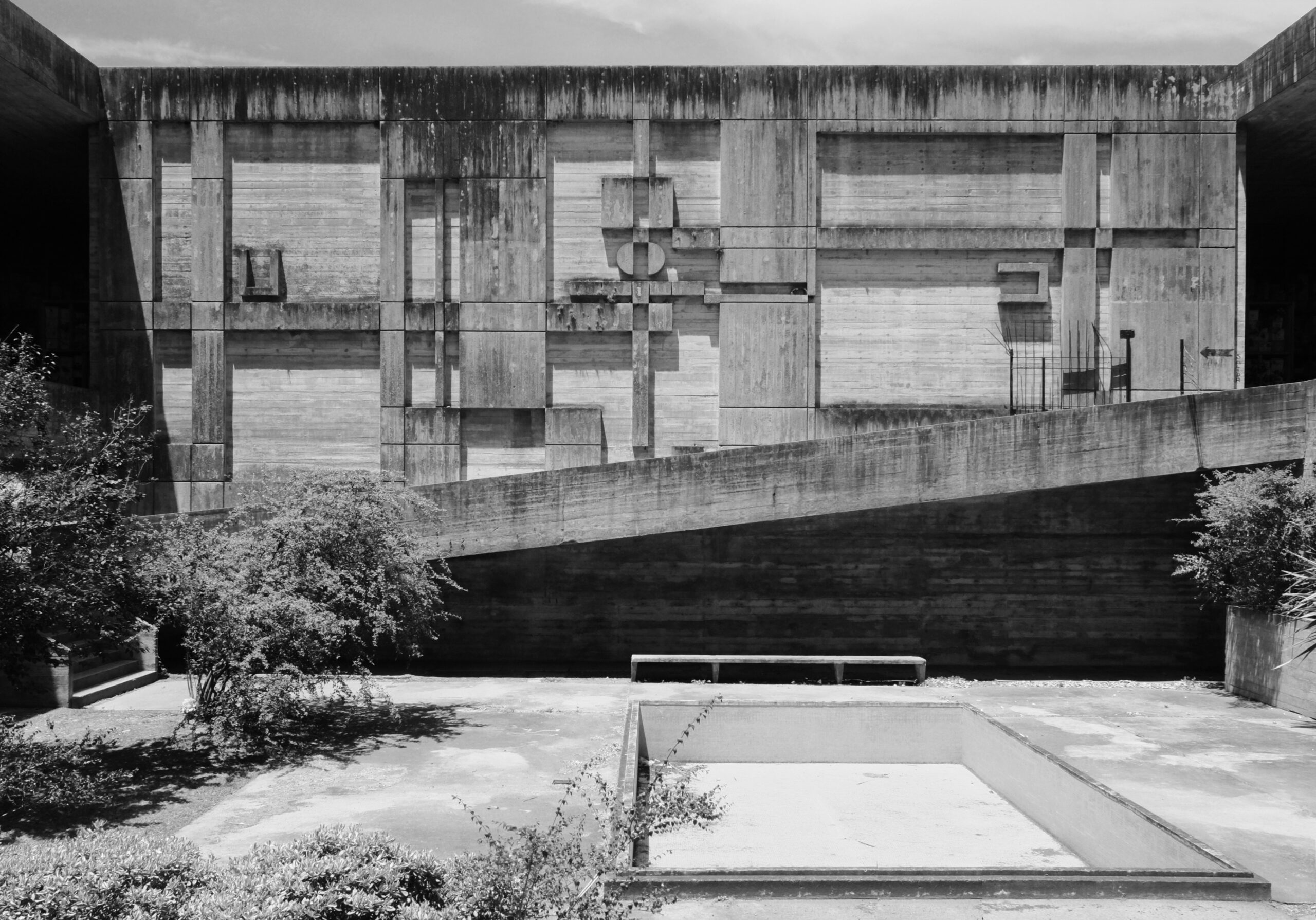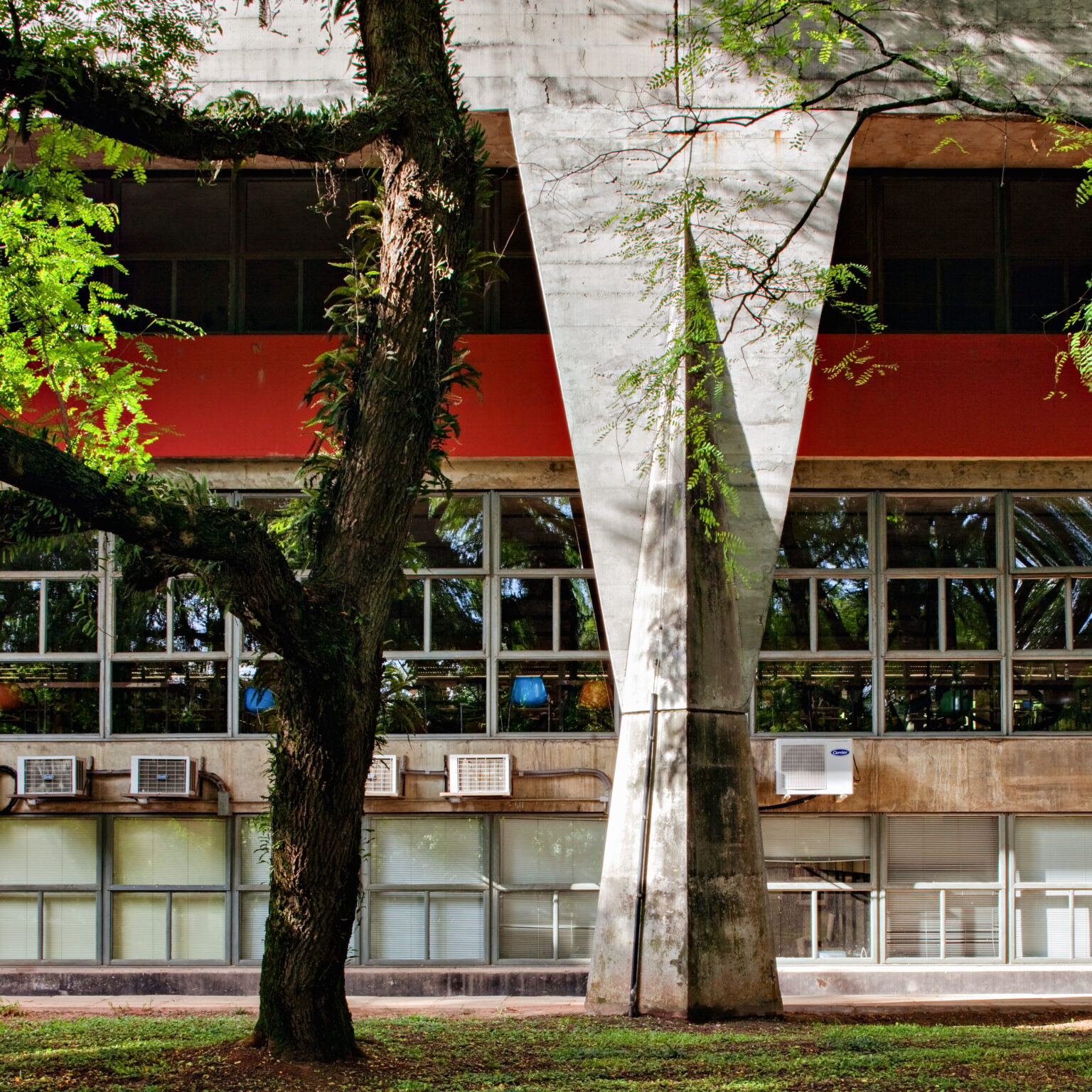Register for this pre event here
Speakers
Juan José Fontana Architect PhD Universidad de Alicante, Professor Instituto de Tecnologias FADU, UDELAR, Uruguay.
Jorge Gambini Architect, Professor Instituto de Tecnologias FADU, UDELAR, Uruguay.
Mary Méndez Architect, Magister of History of architecture Universidad Torcuato Di Tella
Professor Instituto de Historia FADU, UDELAR, Uruguay.
Fernando Tomeo Architect, Professor Instituto de Tecnologias FADU, UDELAR, Uruguay.
Ruth Verde Zein, Brazil
Date: 14/11/2023 11:00 am
Date details: Santiago Chile 11:00 hrs (UTC -3)

Description
Absolute limit. The Municipal Columbarium of Nelson Bayardo in Montevideo, Uruguay
Abstract:
The Municipal Urnarium in Montevideo, Uruguay, was designed in 1959 by architect Nelson Bayardo and engineer José Pedro Tizze to house funerary urns (National Historic Monument since 2014). It is one of the most significant works built in Uruguay in the second half of the twentieth century. A carefully studied implantation shows the intimate relationship of the building with the surrounding landscape. In contrast, the continuity of the building evidences the identity between reinforced concrete and a system of spatial organization proposed in dynamic terms. The Urnarium reflects the main discussions of the time, such as the sculptural valuation of the load-bearing system and the respect for the constructive qualities of the materials. It manifests the search for integration of the arts and the obsession with geometry. It even allows the exploration of problems related to symbolism; themes also present in other examples of the period.

Photo Nelson Kon
4 x 1961(2). Vilanova Artigas & Contemporaries
Abstract:
About four buildings designed in 1961/2, situated on the American continent, sharing similarities and differences. Almost like a family. FAU-USP Building, Artigas & Cascaldi, São Paulo, Brazil; Boston City Hall, Kallmann, McKinnell & Knowles, Boston, United States; CEPAL Building, Duhart, De Groote, Goycolea, Santelices, Santiago, Chile; National Library, Testa, Bullrich, Cazzaniga, Buenos Aires, Argentina. Rereading them in the light of the disciplinary culture, activating the possibility of understanding them through the complex relationships they establish with their predecessors and contemporaries.
 Follow
Follow